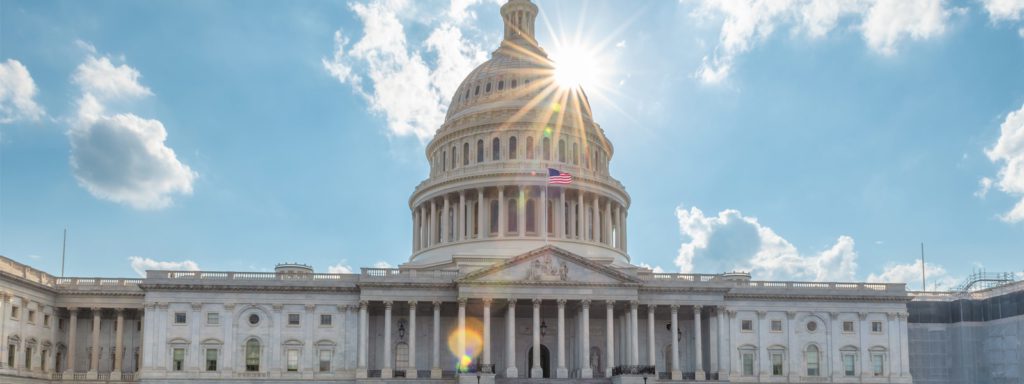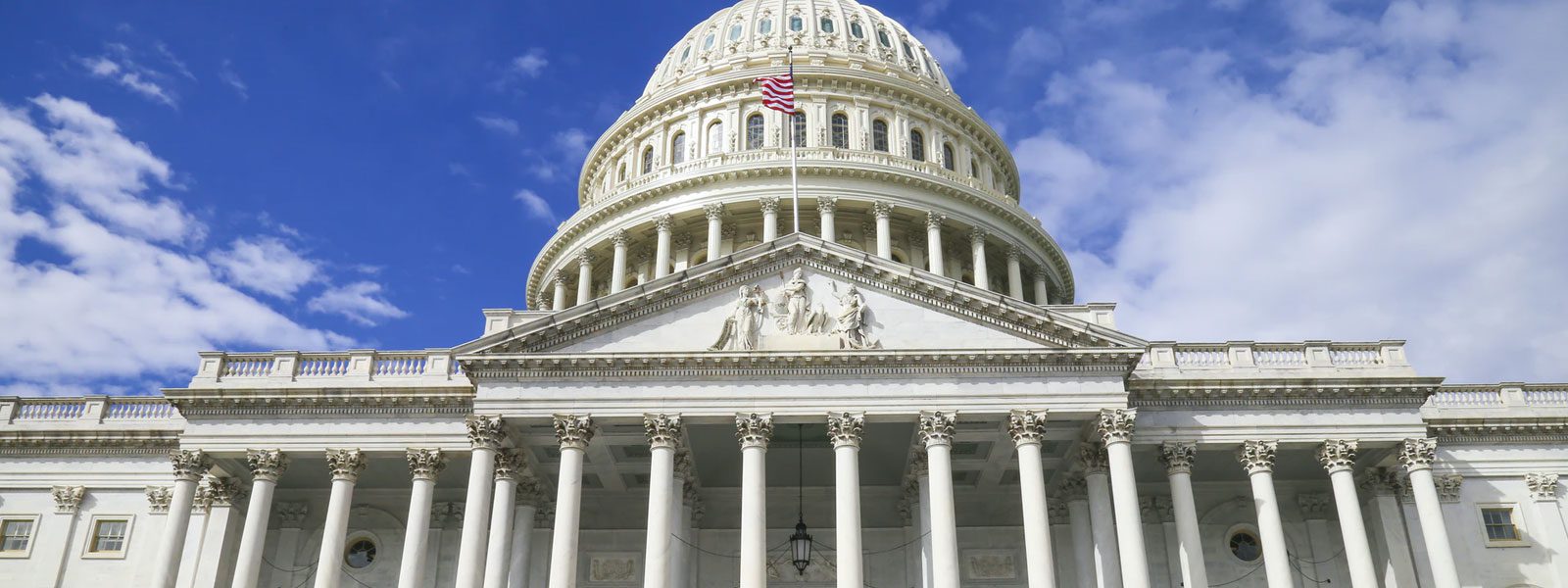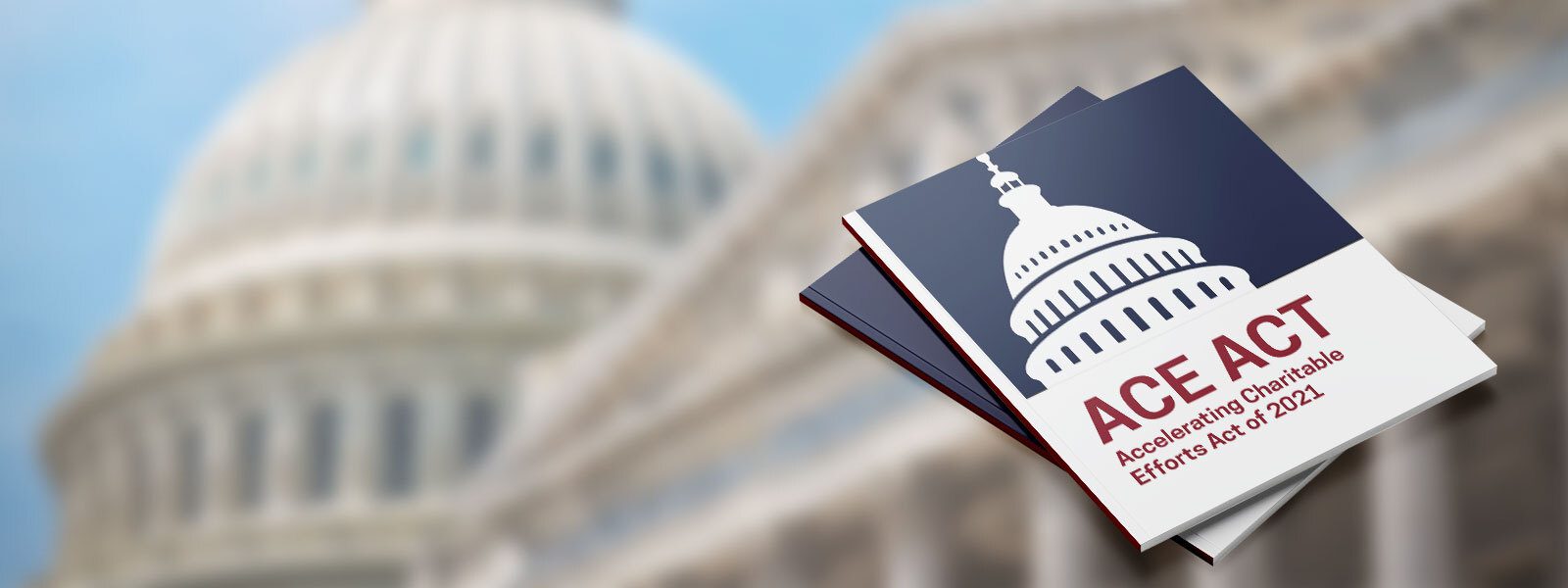Two days after the introduction of the Accelerating Charitable Efforts Act (ACE Act) by Senators Angus King (I-ME) and Chuck Grassley (R-IA), Independent Sector signed a letter to all Members of Congress sharing concerns and asking Congress to engage the full range of stakeholders in the sector on this issue before legislating.
Independent Sector, founded at a moment when Congress was undergoing “reformist winds,” has always worked hard to ensure that, when conversations around regulation and oversight of the sector are bubbling up, the perspectives of all types of nonprofit institutions that may be impacted are actively engaged in the debate. It’s still true today. And, so, having “concerns” about the ACE Act, in this case, doesn’t mean that we shut conversation down. In fact, it means, as an organization, we need to open the conversation up in a more intentional way.
We are, of course, grateful for experts who share their perspectives on how to improve current laws. Serious thought leaders, one of whom sits on the Independent Sector Public Policy Committee, have helped to shape this legislation. However, it is not clear where or how the diverse voices of charities, philanthropies, and donors on the ground have informed this proposal in ways that would build consensus and trust. I’d also note that, as a purported aim of the legislation is to increase the flow of philanthropic resources to nonprofits, it seems “out of step” that there is no inclusion of an expanded charitable giving incentive for ordinary Americans in the bill, something that was included in earlier proposals.
Debates such as this should be informed by data and should engage the voices not just of the expert or the advocate, but of those who may see the issue through a different lens based on their work, the role they play in their community, or their lived experience. Those elements feel somewhat absent here. Those are perspectives that need to be engaged.
Donor Advised Funds (DAFs) are the core focus of this bill, though it also makes significant reforms to private foundations and significantly realigns the differences between these giving vehicles. Regarding DAFs, they are a fundamentally “good” product. On that, we should be clear. And we must recognize that the exponential growth of DAFs over the past decade has permanently altered the philanthropic landscape. DAFs are advancing the missions of nonprofits across the nation, and that is a good thing.
The question we keep struggling with as a sector – a “struggle” that consumes too much energy when so much else is at stake – is whether DAFs, a “good” product, could be made “better.” I am not a DAF expert, but I suspect it is possible. It is the right question to ask, and to answer it, there are three more questions we should ask:
- What’s the end goal of reform? What are we trying to fix? I grew up in a church where the mantra was “always arriving, never arrived.” So, I am good with continuous improvement. It’s healthy. But there should always be a clear destination or result. Is our ultimate, desired result here to increase trust in our sector? If so, do these reforms deliver? Is our aim to make our sector and our practices – including philanthropic practices – more equitable? If so, will this get us there? Is the aim more resources to charities? Does this do that? For something this important, we need better alignment on shared ends.
- When we aim to make a “good product better,” we should be clear about “better for whom?” So, in this case are we focused on “better” for the DAF-sponsoring organization? The donor? The nonprofit receiving the grant? The communities served by DAF grants? This clarity matters.
- How do we resolve this debate? To borrow the often-used phrase, “there is no way through, but through.” As a sector, I suggest we must get to the other side of this debate, for our own health. This issue has simmered under the surface for too long. This is a conversation we need to have as a sector so we can share an informed point of view – even if not a unanimous one – with those who will perhaps craft and pass these policies. The Congress cannot do this for us and absolutely should not try to do it without us.
It all begs the question, of course, “What is Independent Sector going to do?” While I cannot tell you where we are going to land on the substance of each issue addressed in the bill, we are going to keep the guidance of our Public Policy Committee in mind:
- Inform, educate, and pose questions that lead to greater clarity about core issues, context, stakeholders, and end results that are lasting.
- Engage not only the loudest voices in the debate, but, as best we can, those whose voice has never been in the debate.
Critics will likely suggest that is all about process – not position. They would be right. When you are unclear of the answer, the process in getting to the answer matters. Advocates have passionately debated their positions on reforms to donor-advised funds for almost two decades. It’s time to find a way forward by “going through” so we can get to a position and move forward.
I suspect you’ll be reading much more from us on this topic. We hope to hear your voice. If you have a thought, a rant, or a question to share, please email me at jeffreym@independentsector.org
As always, thanks for taking the time.
Onward.



